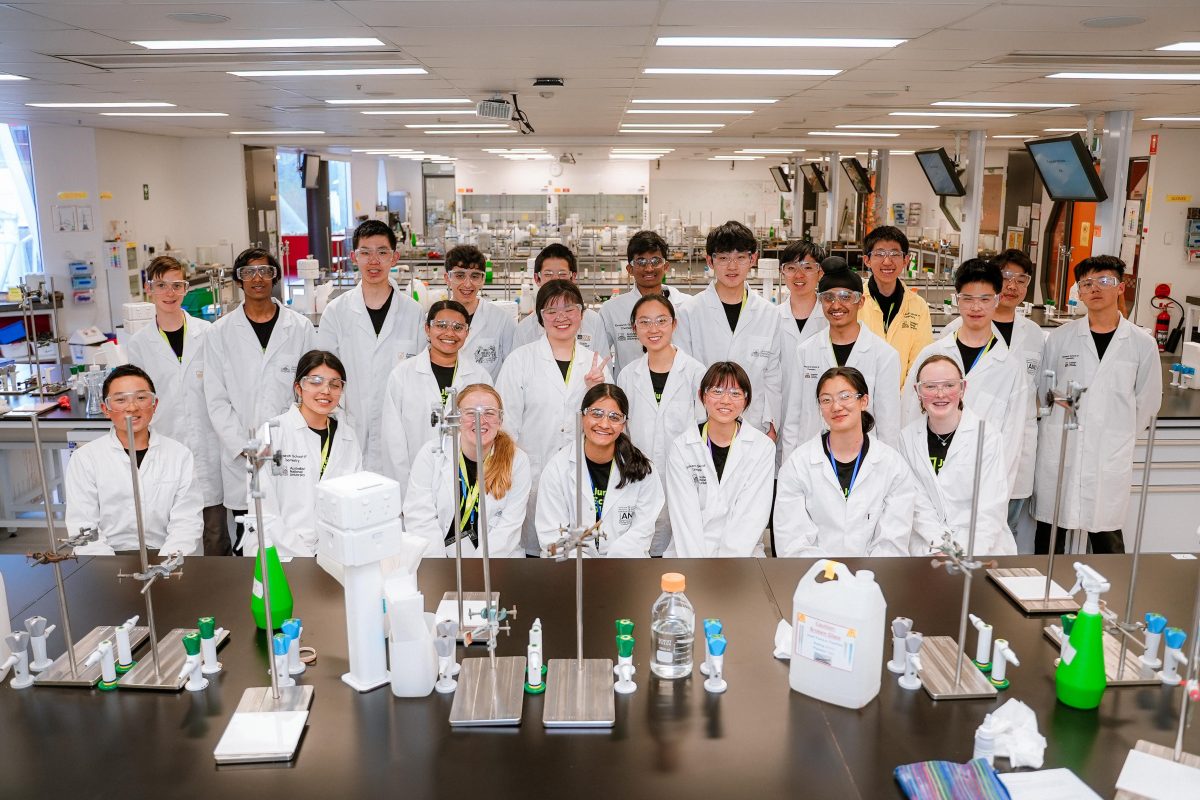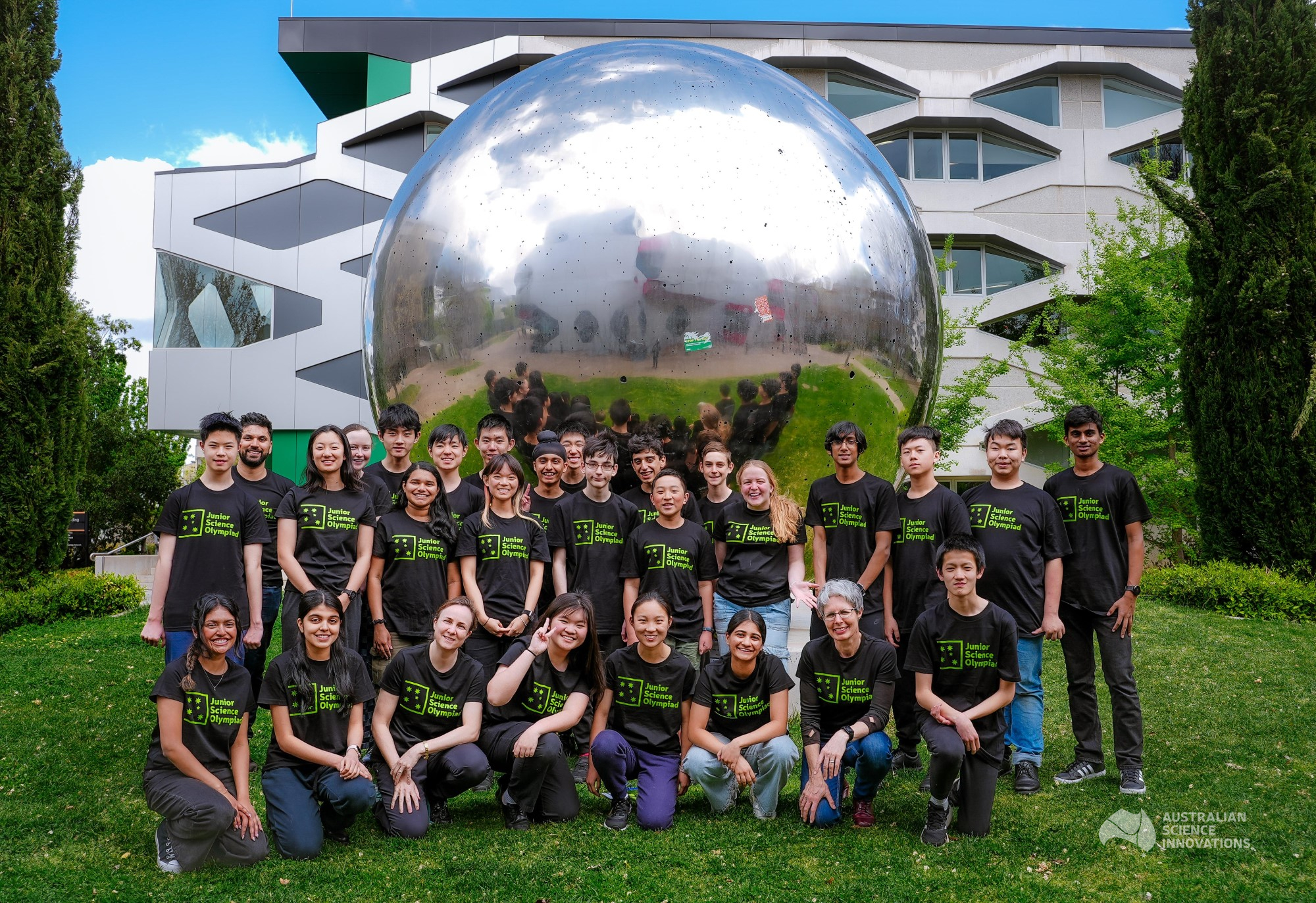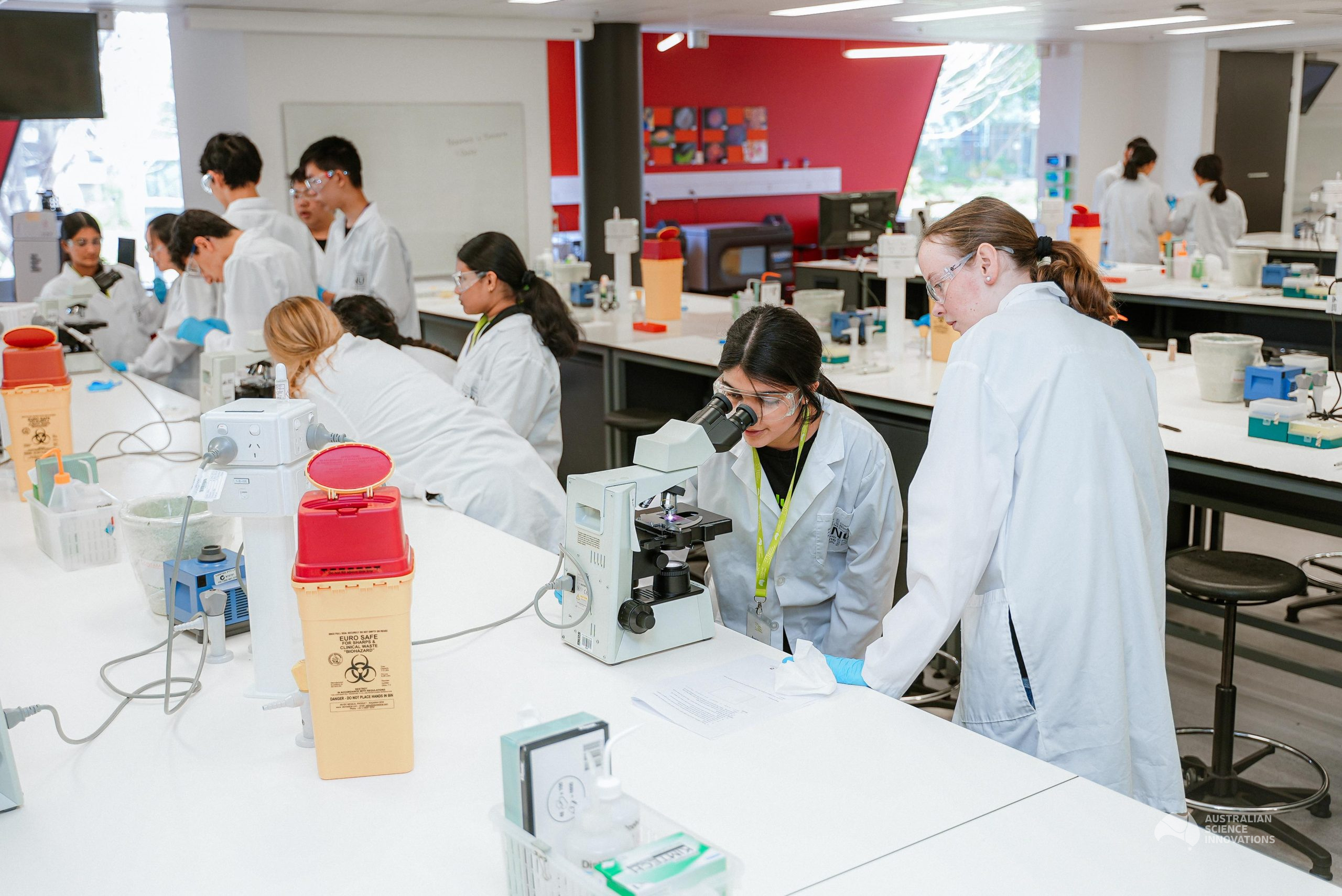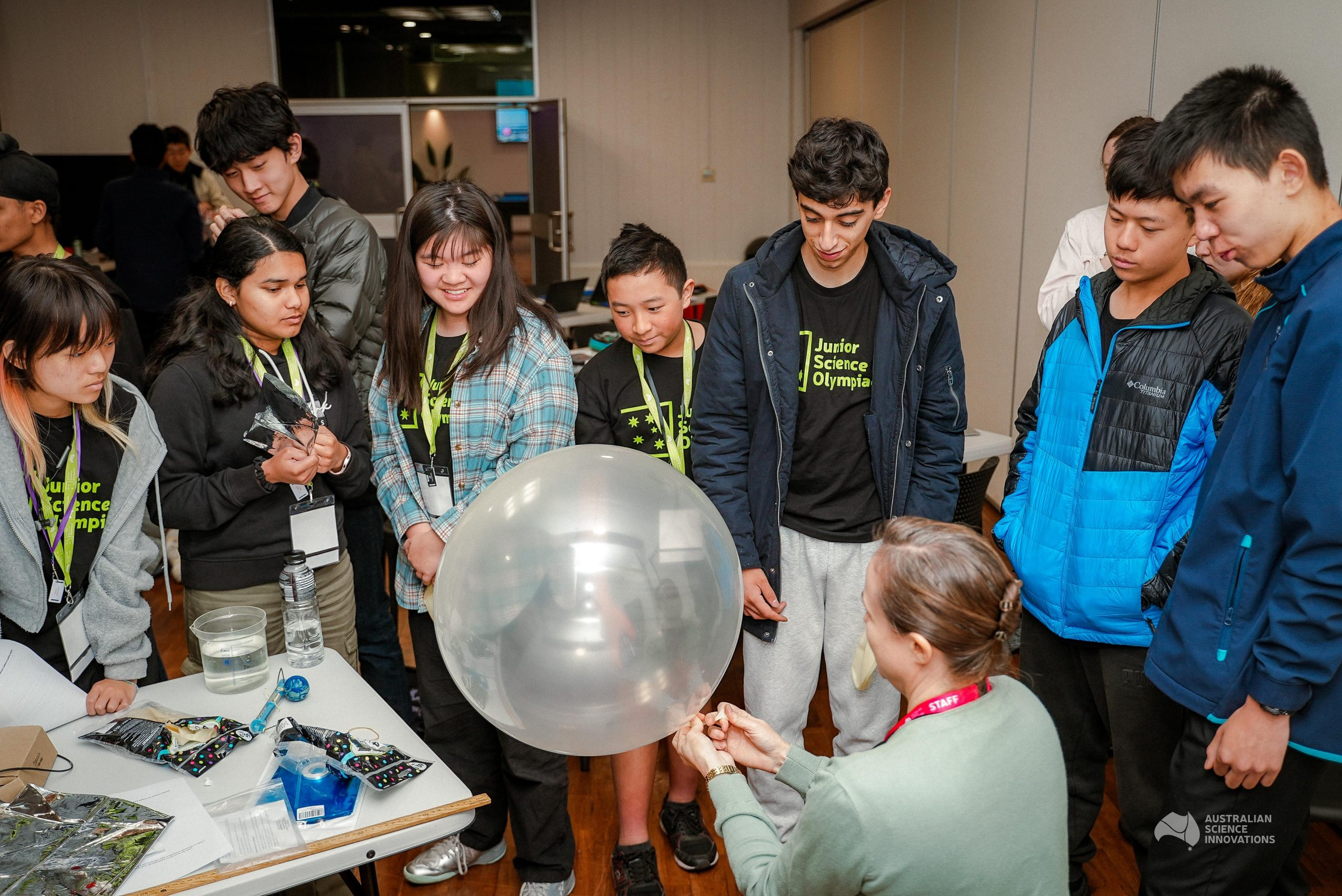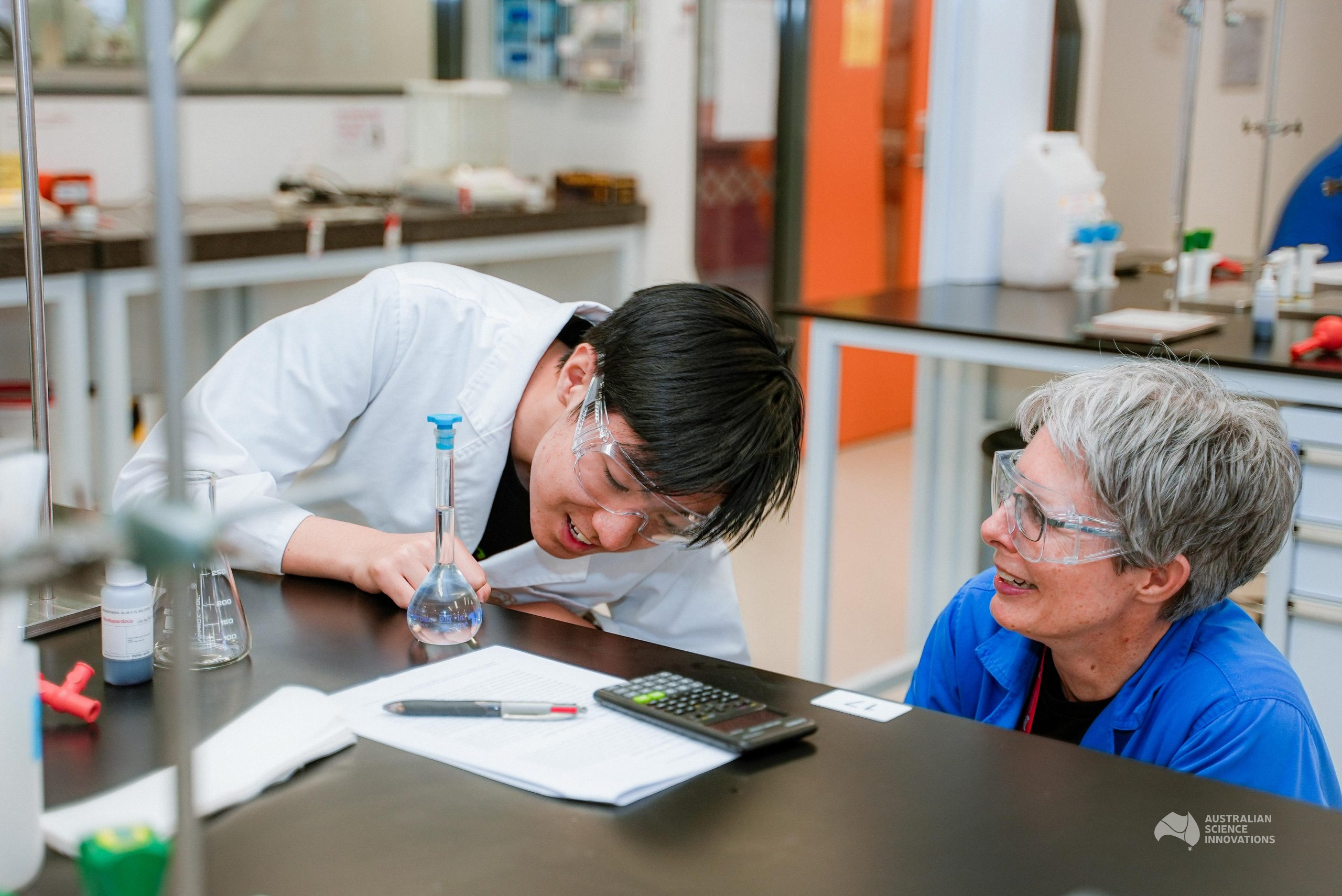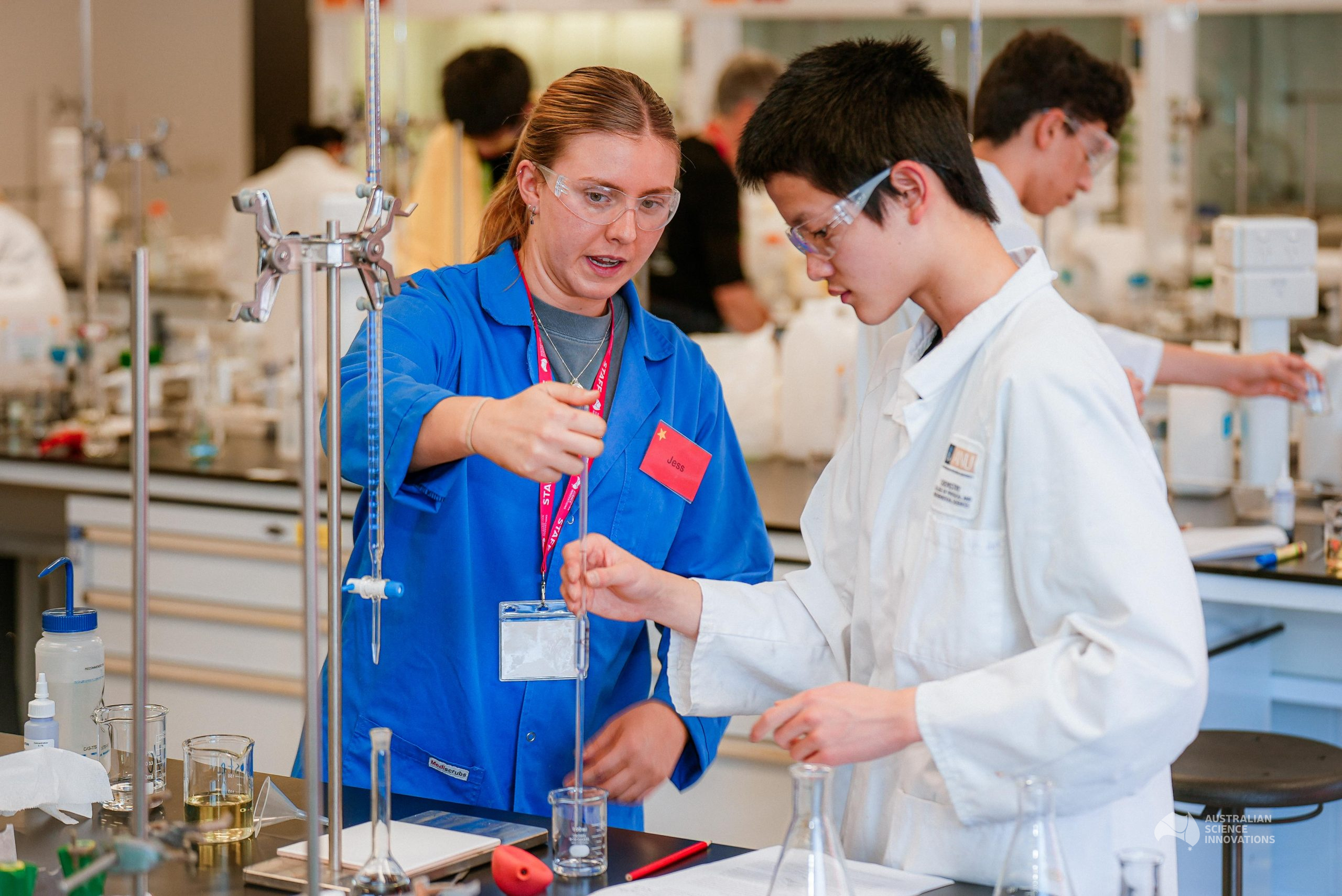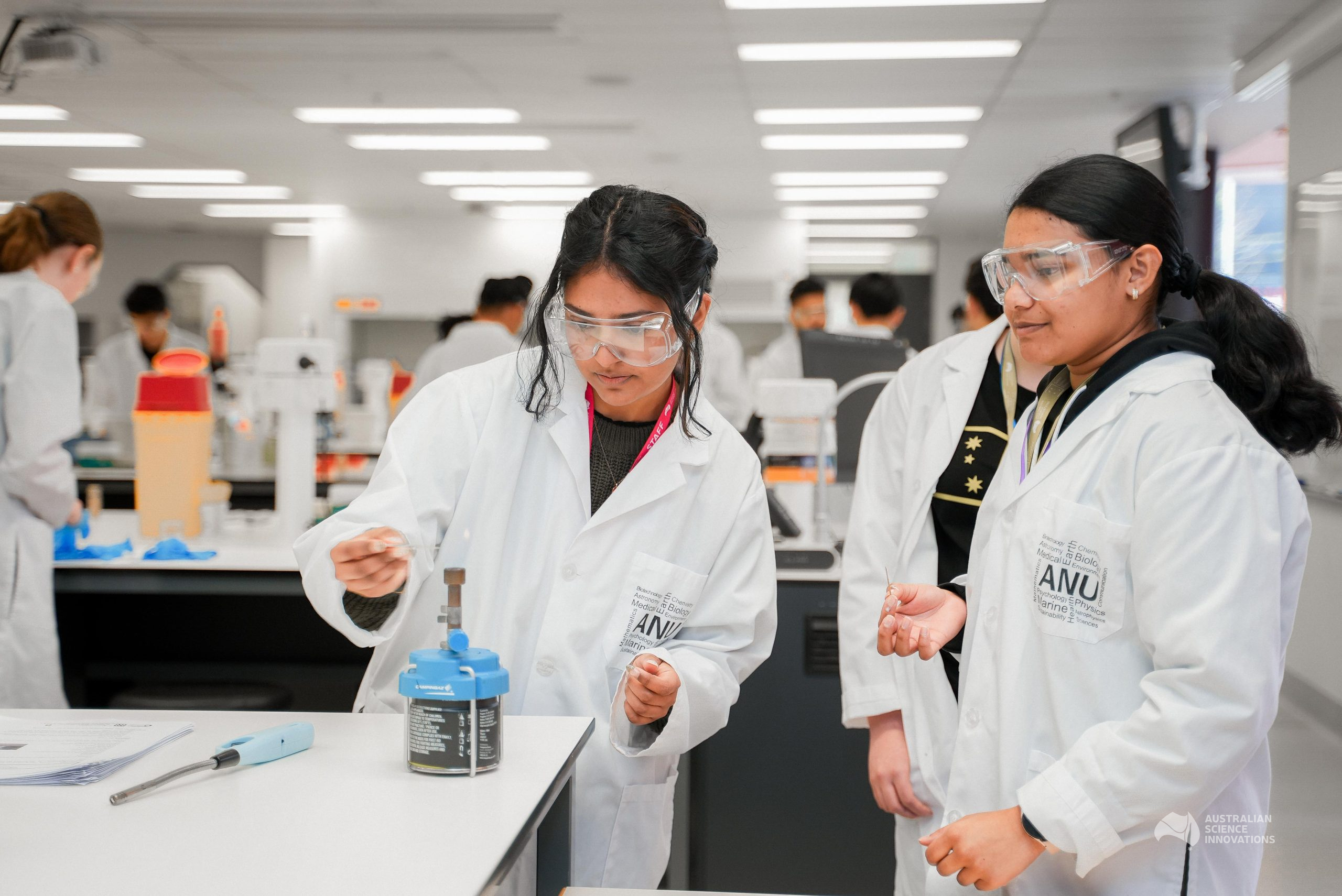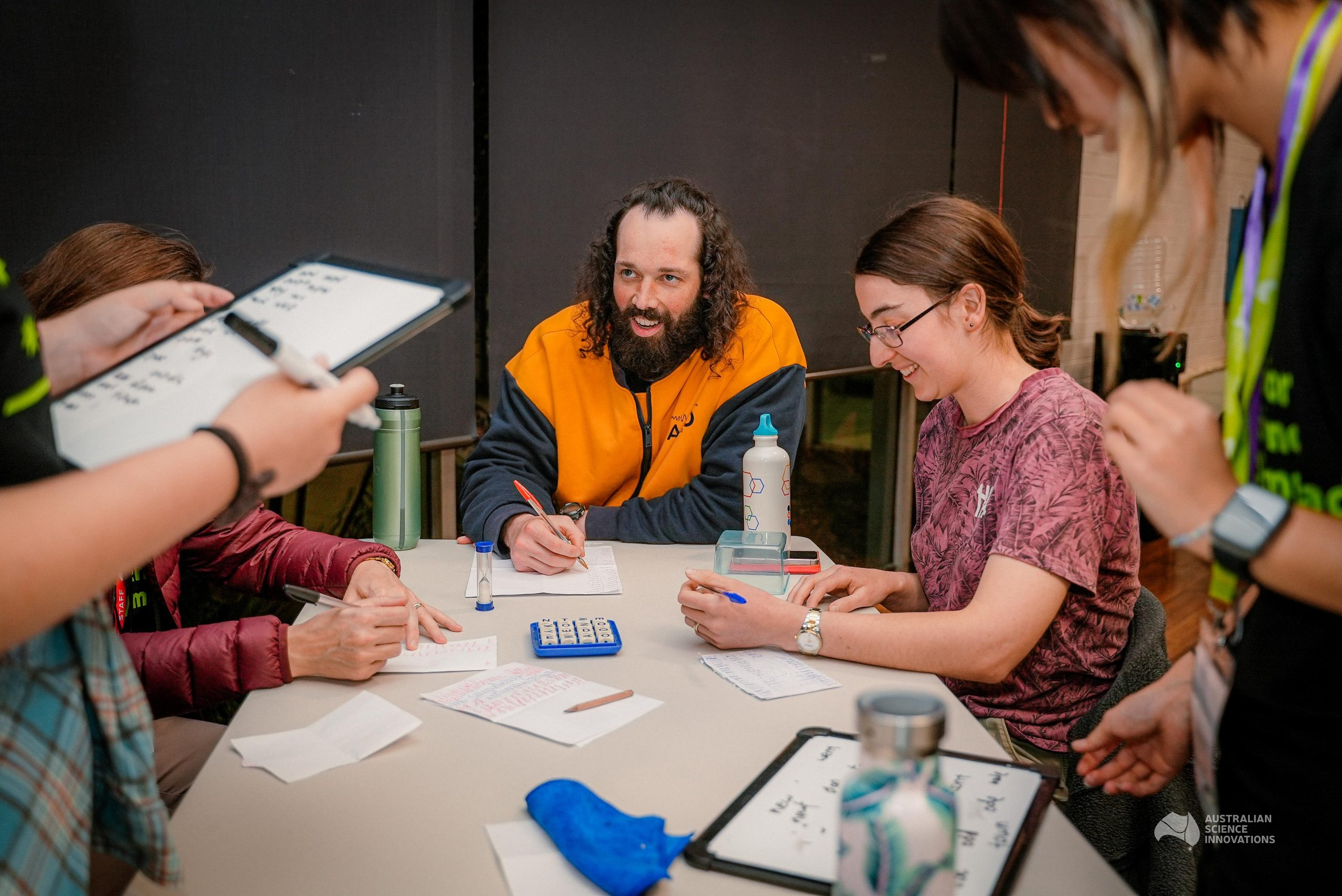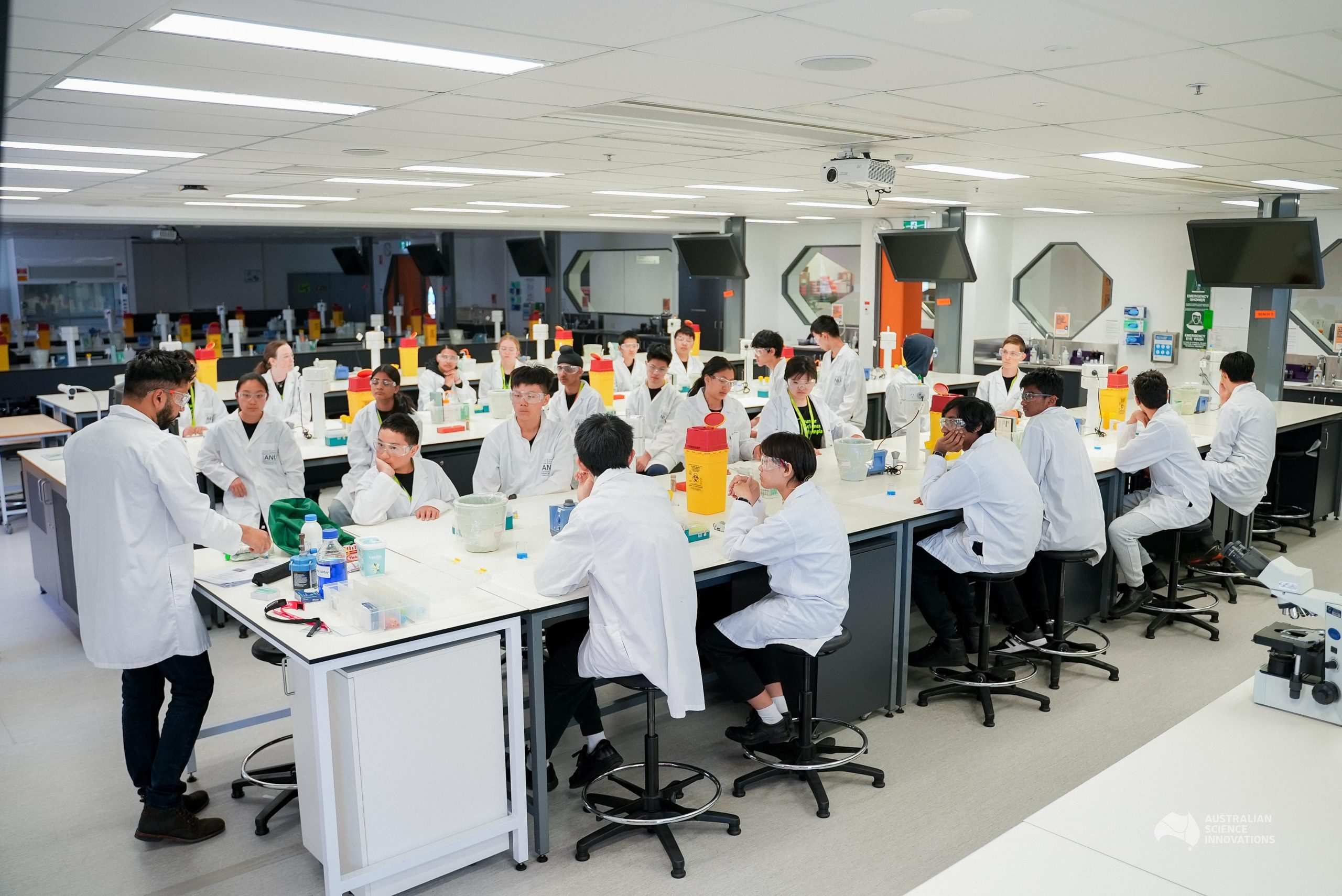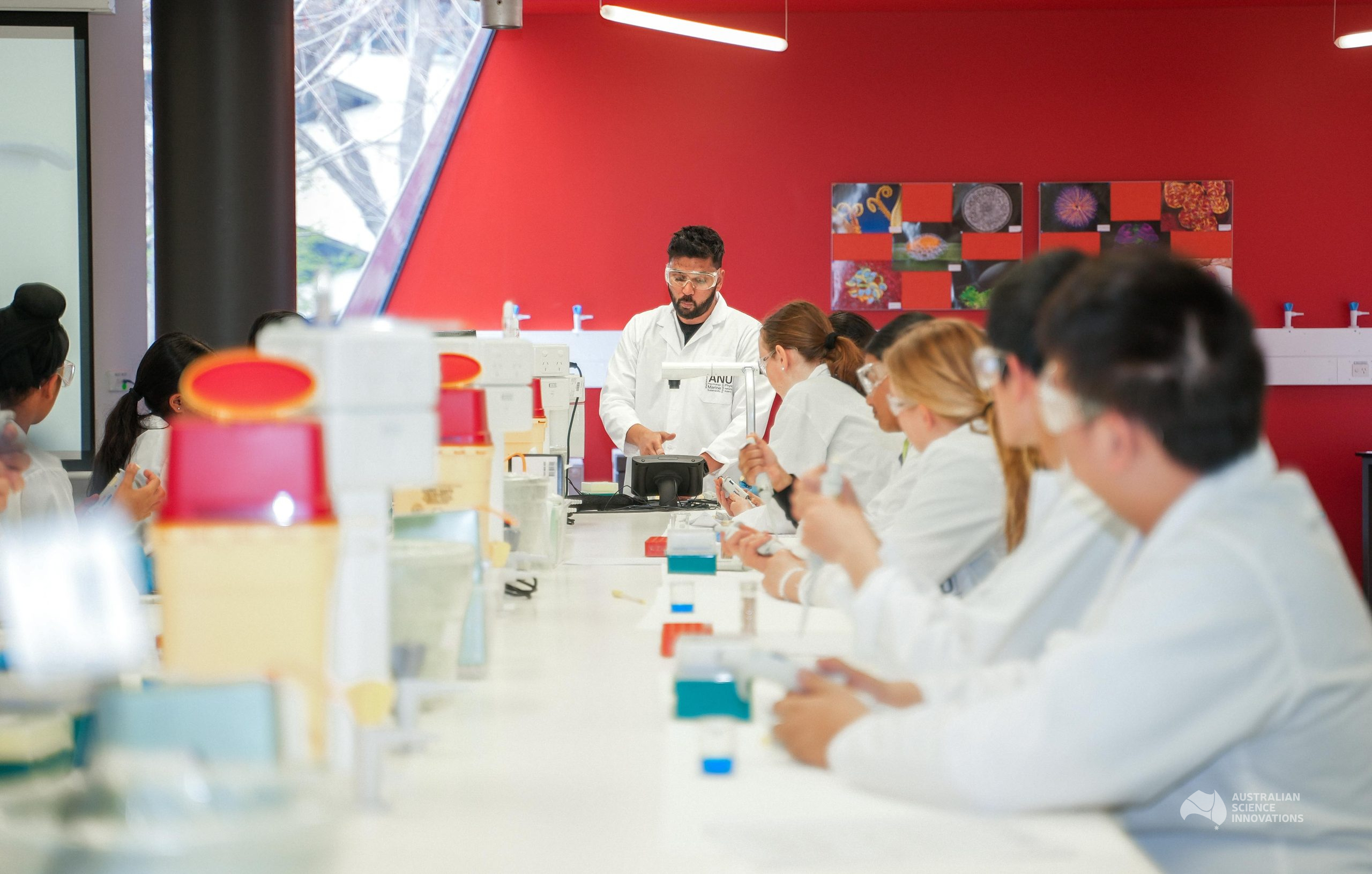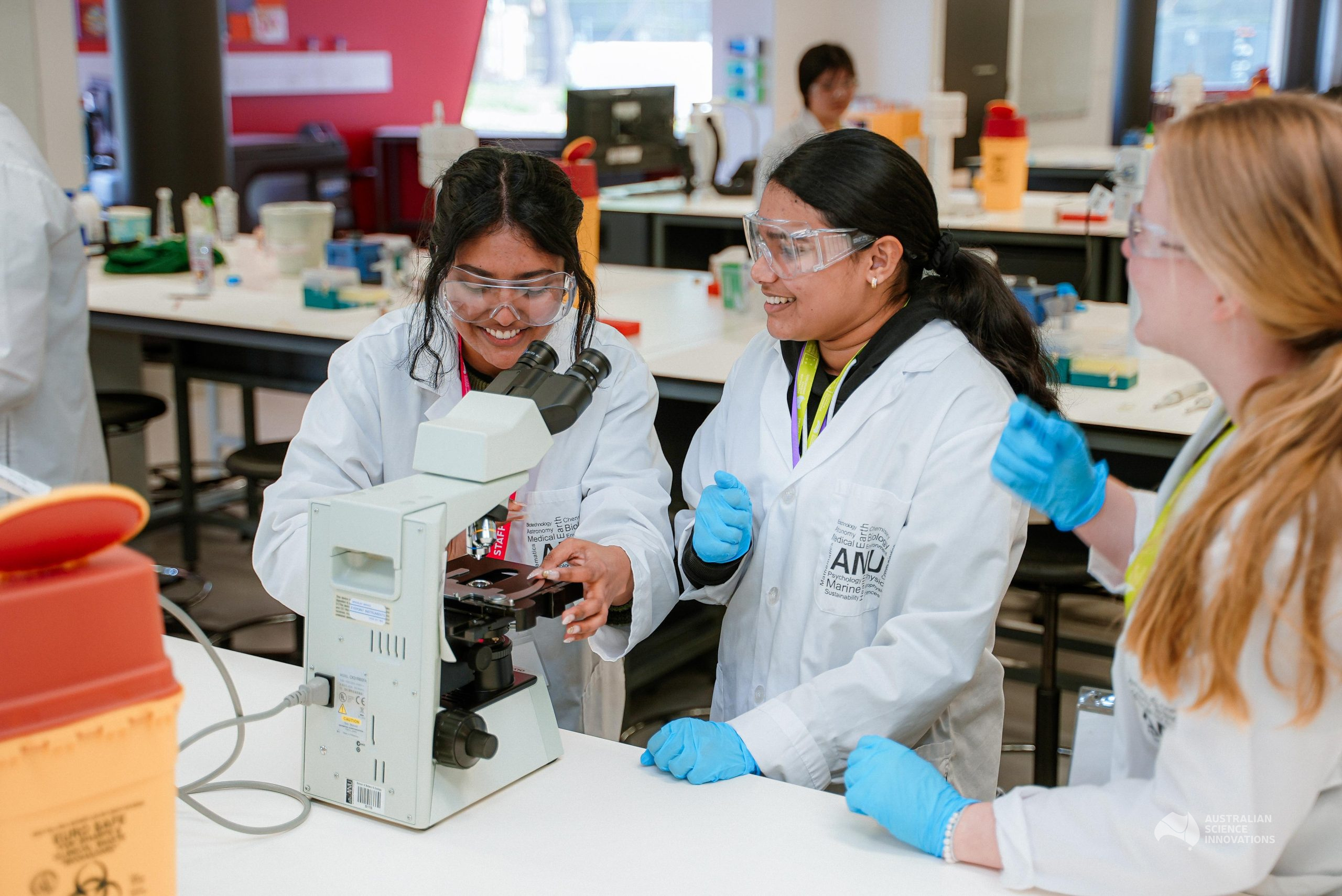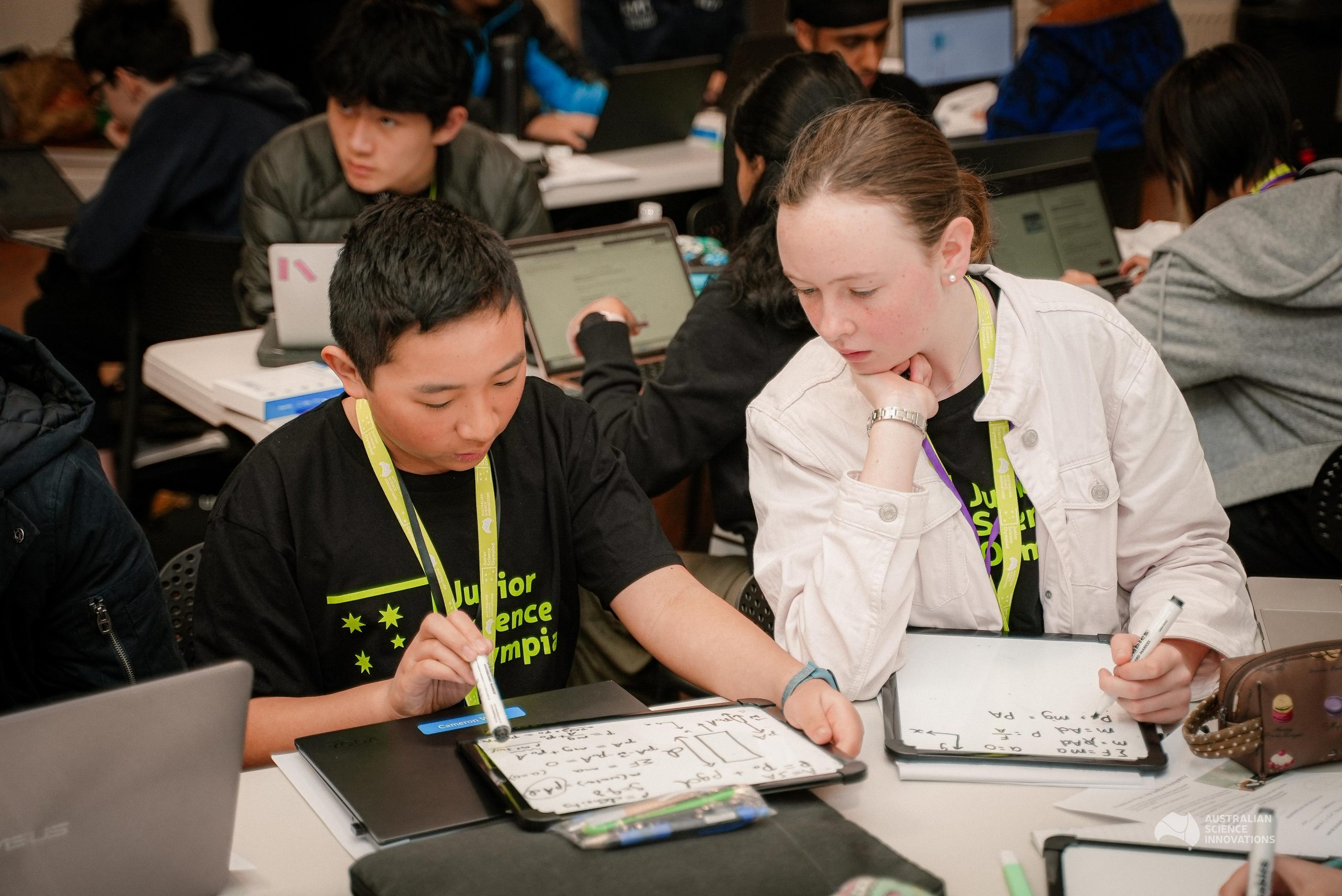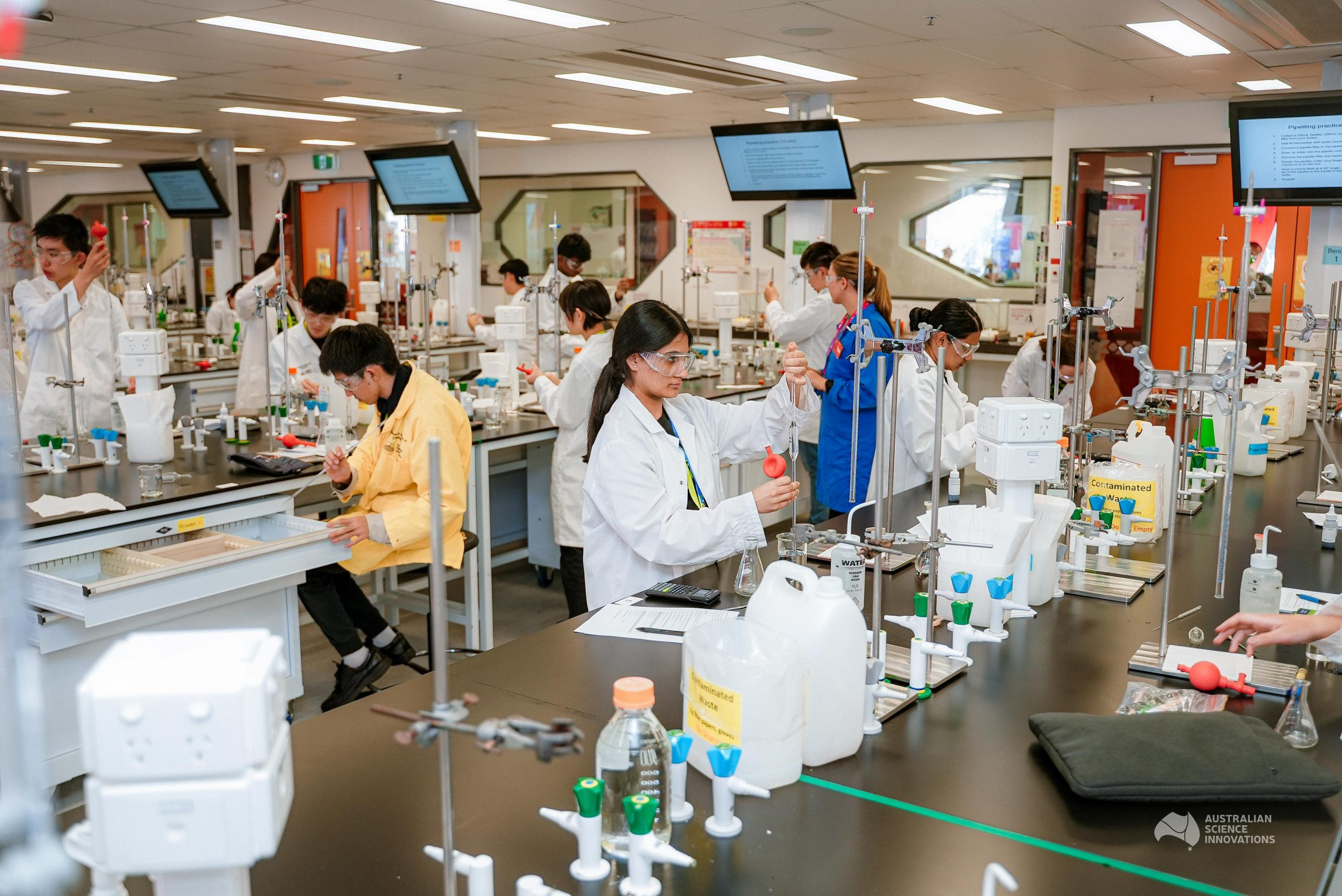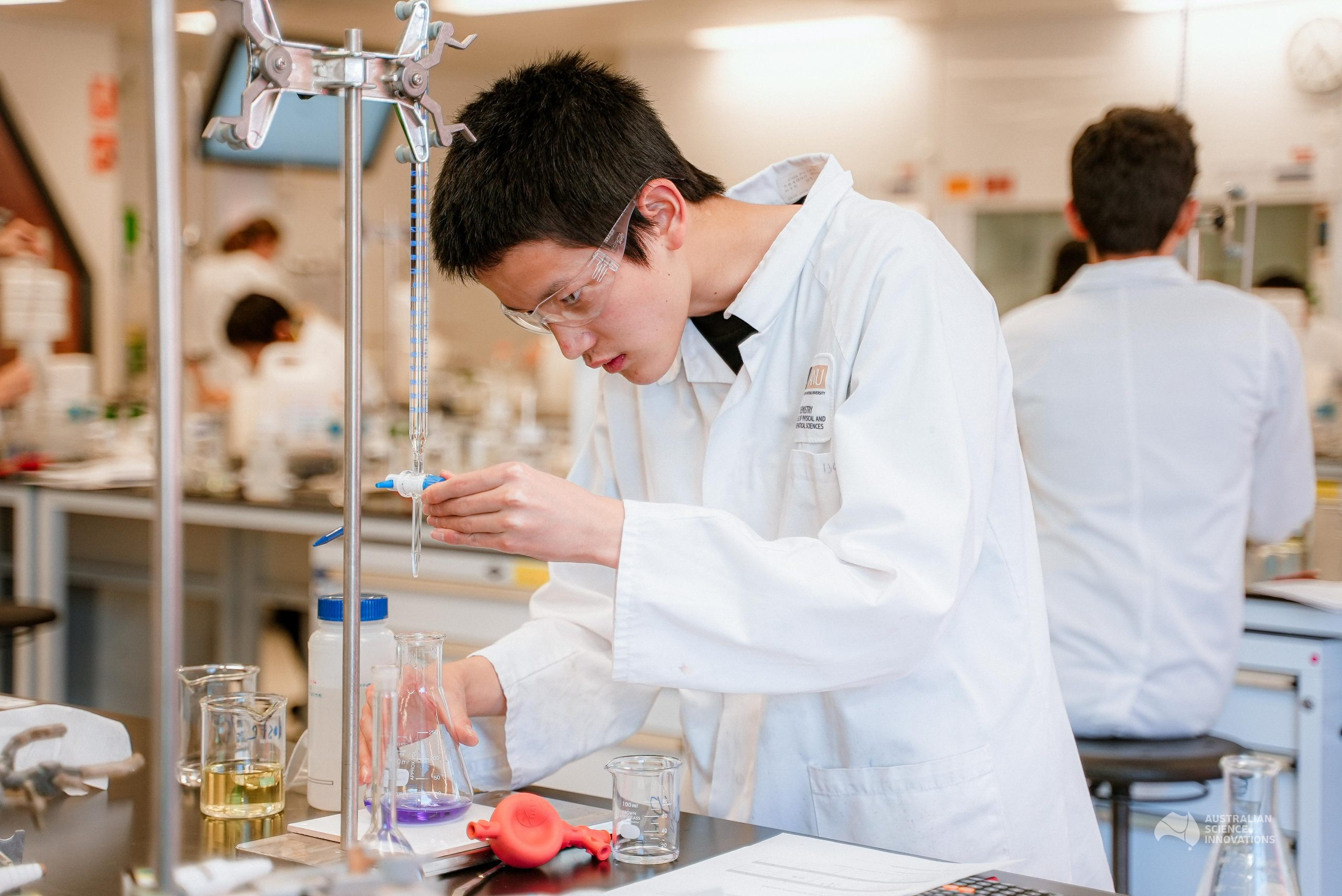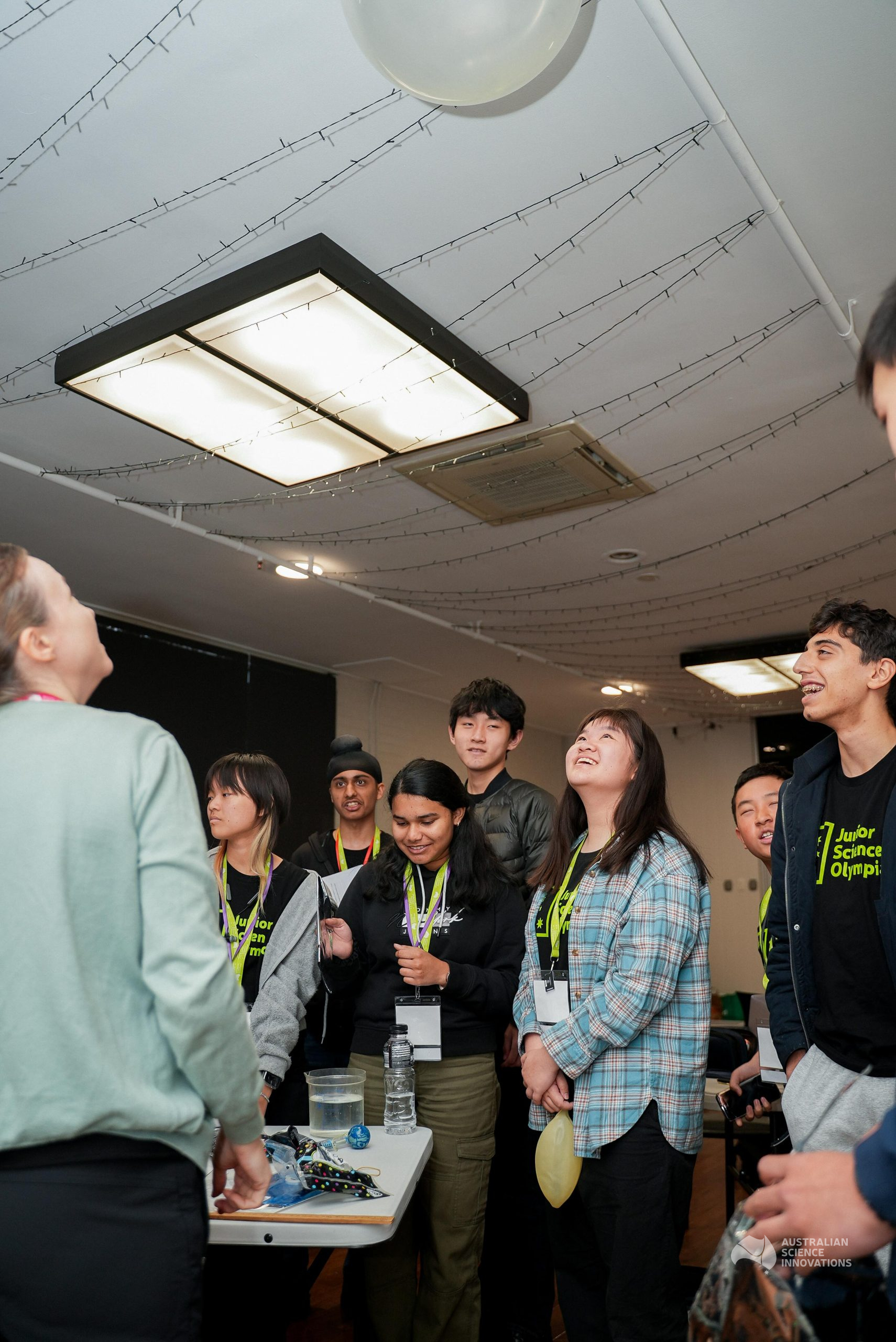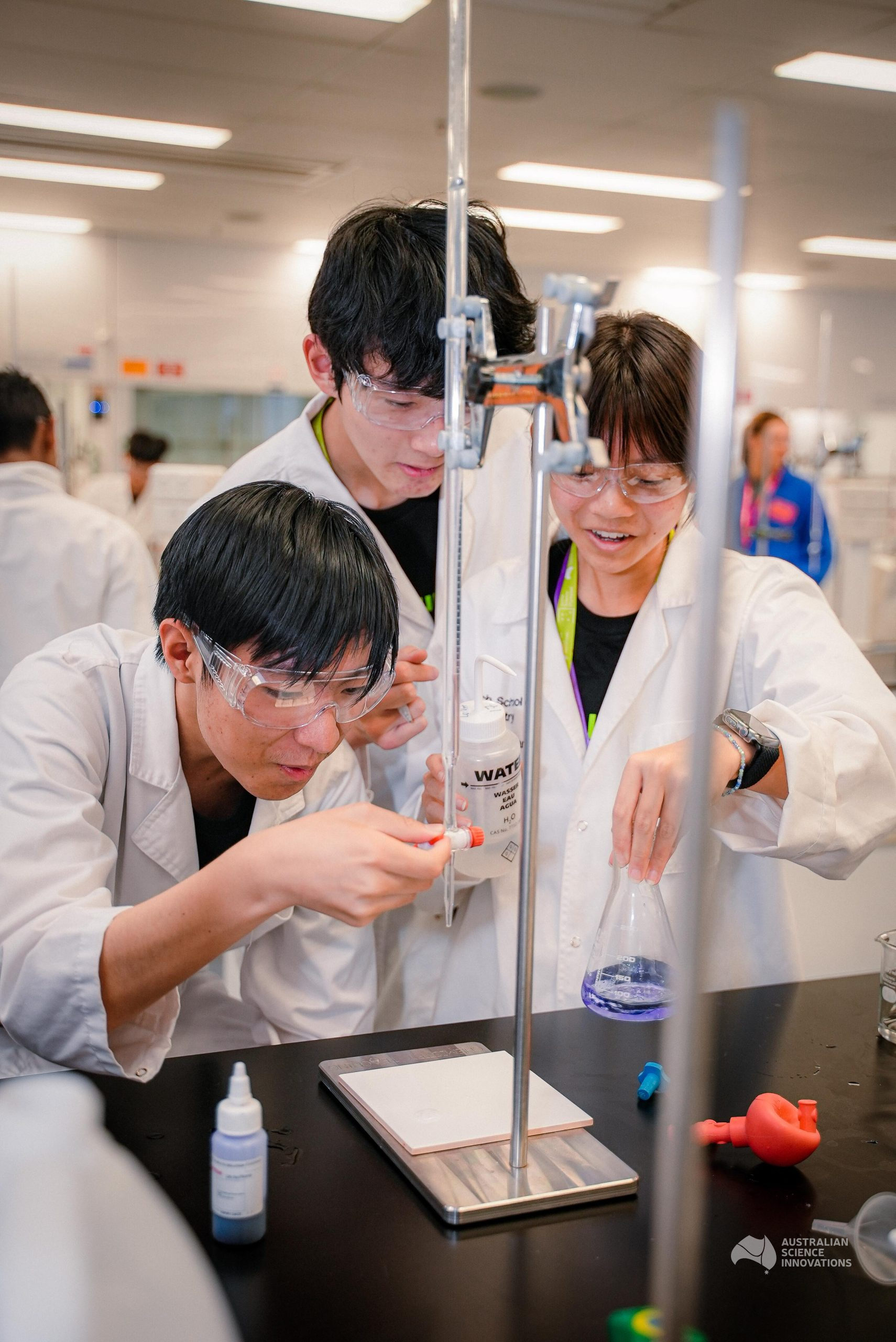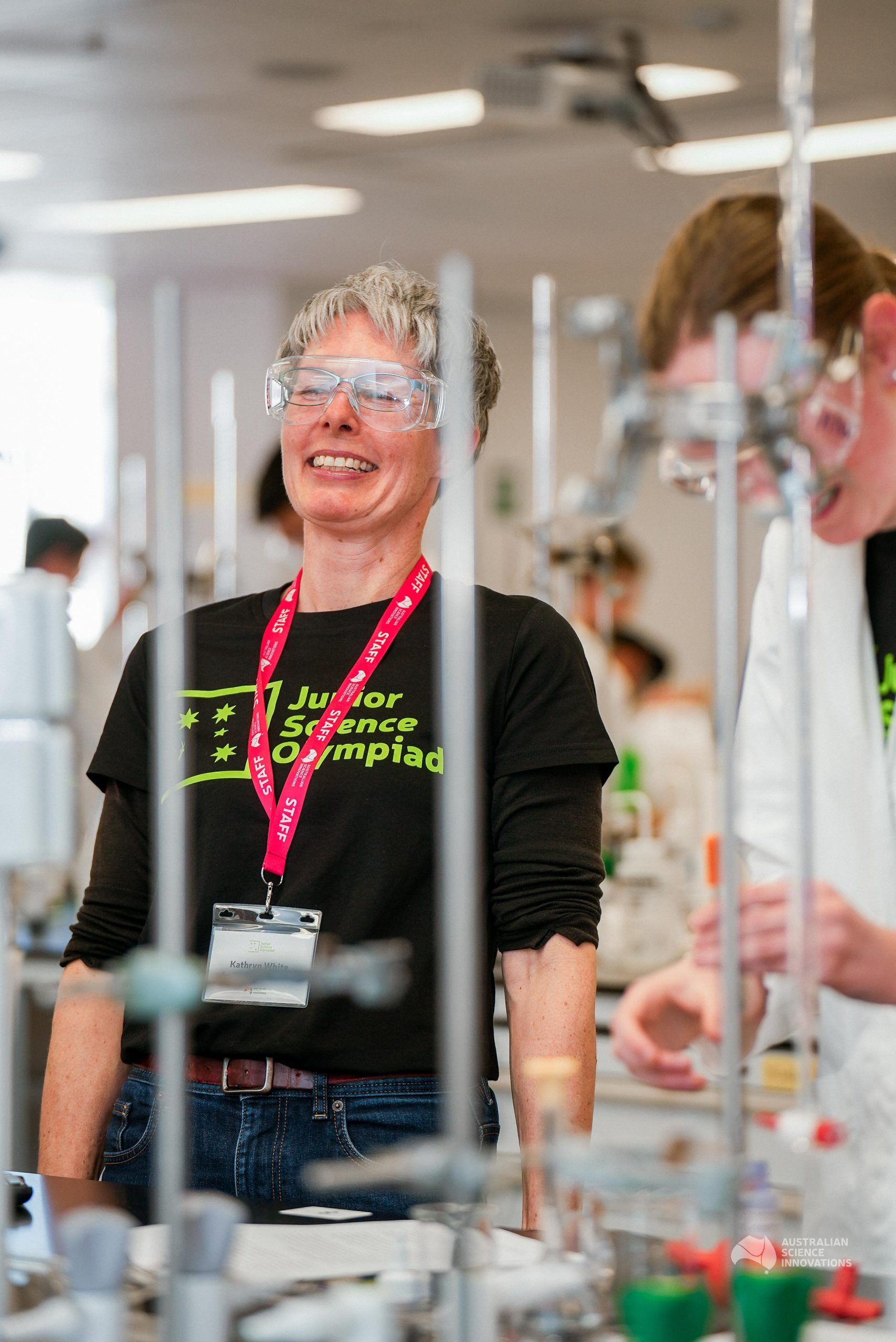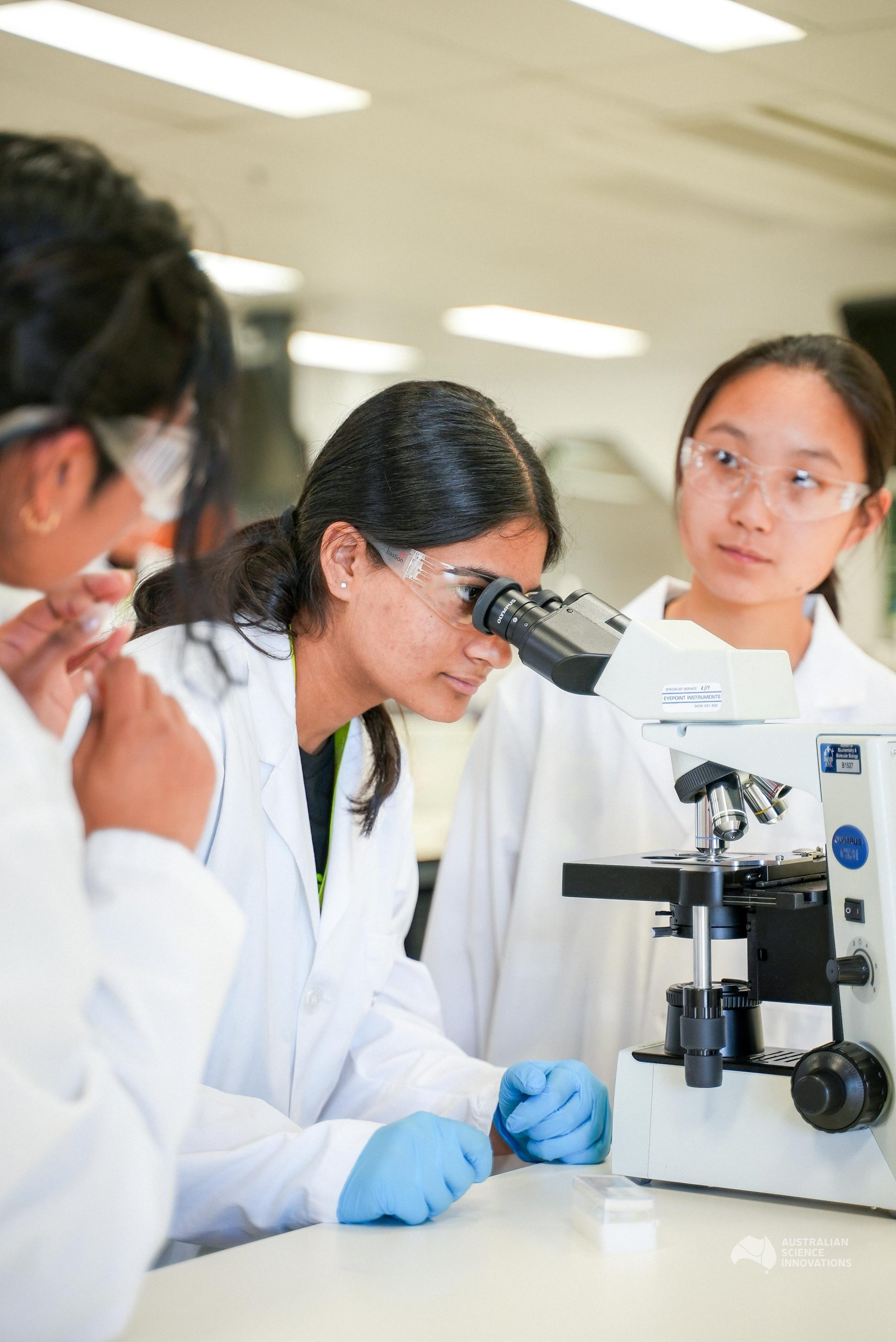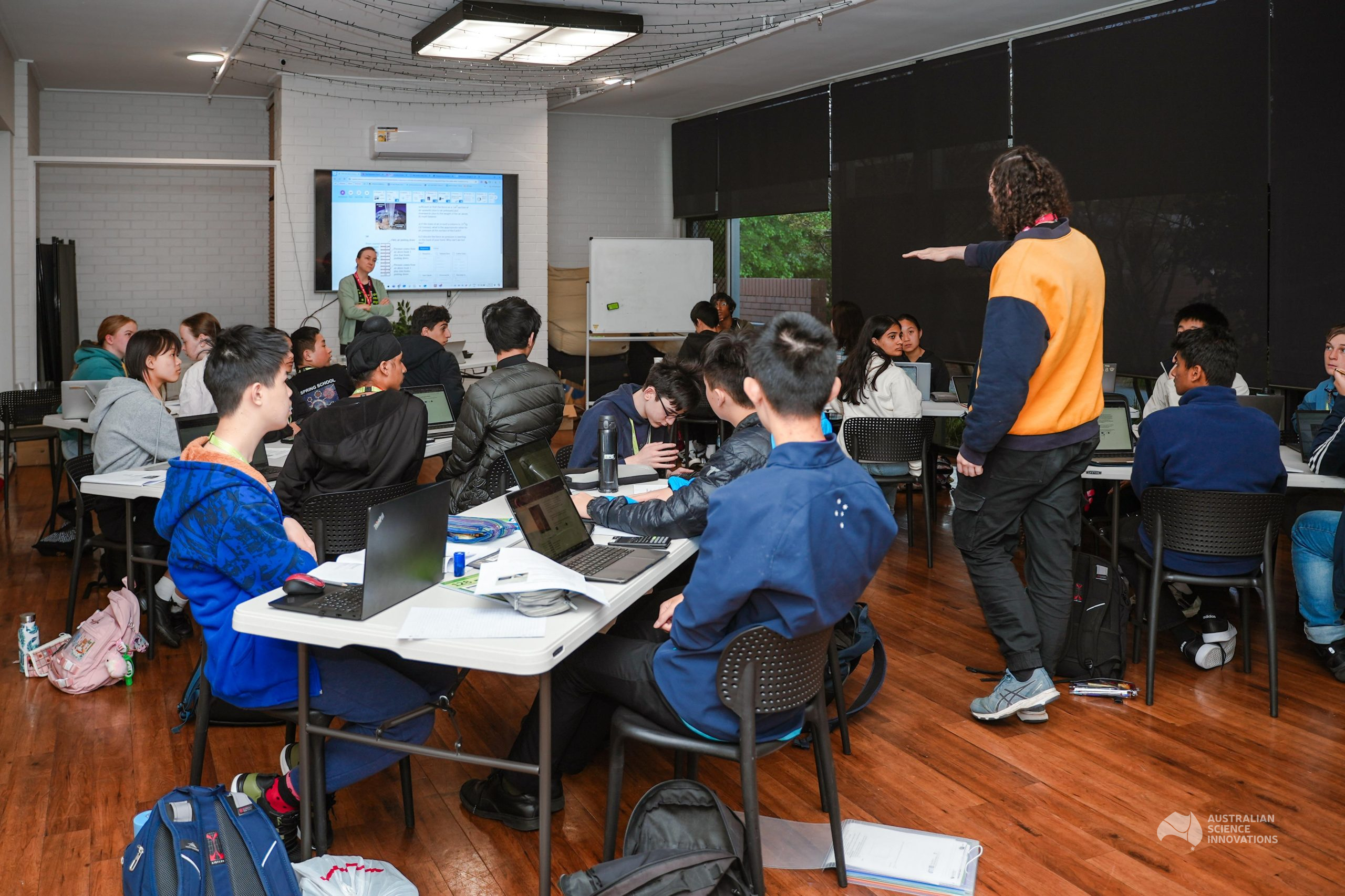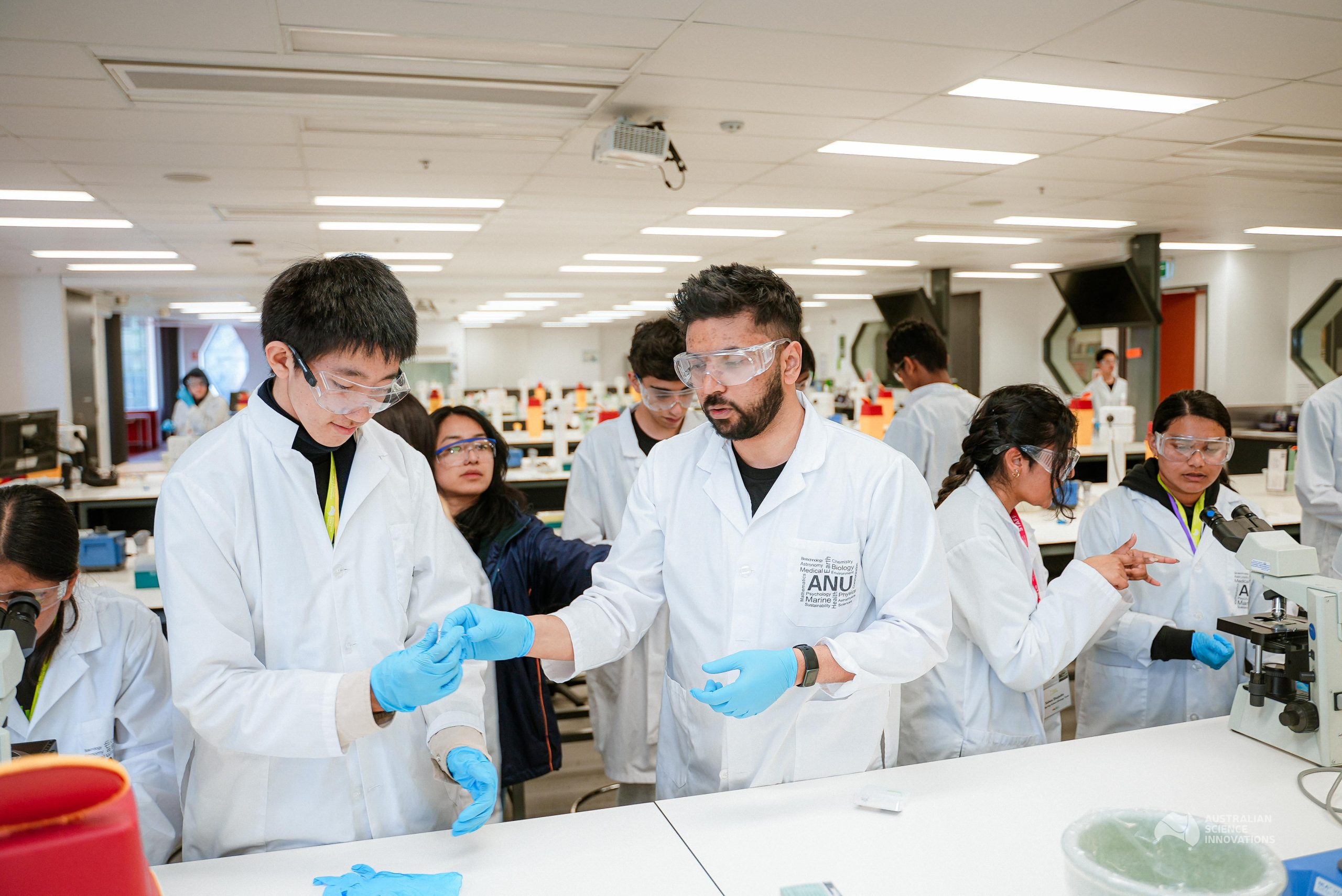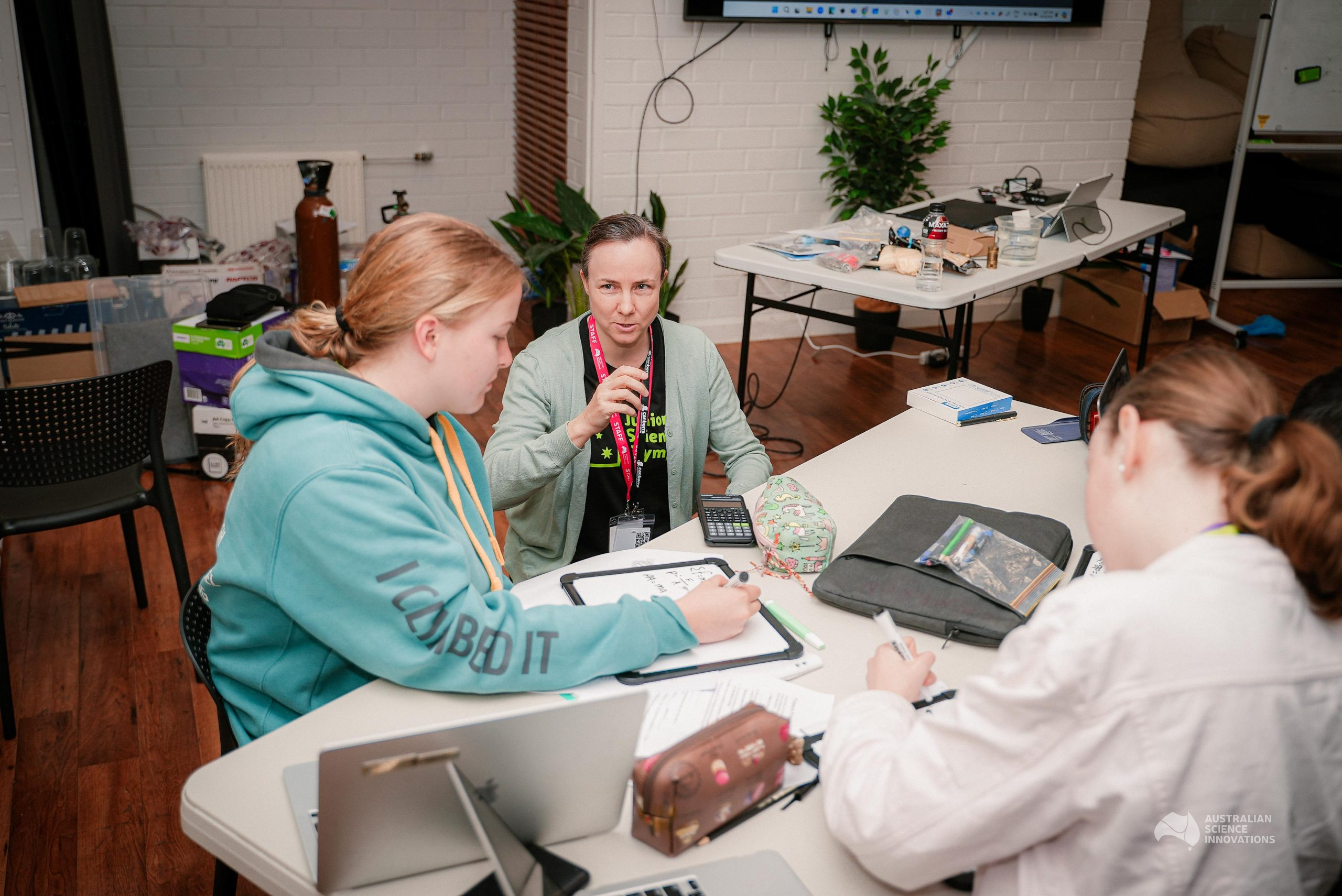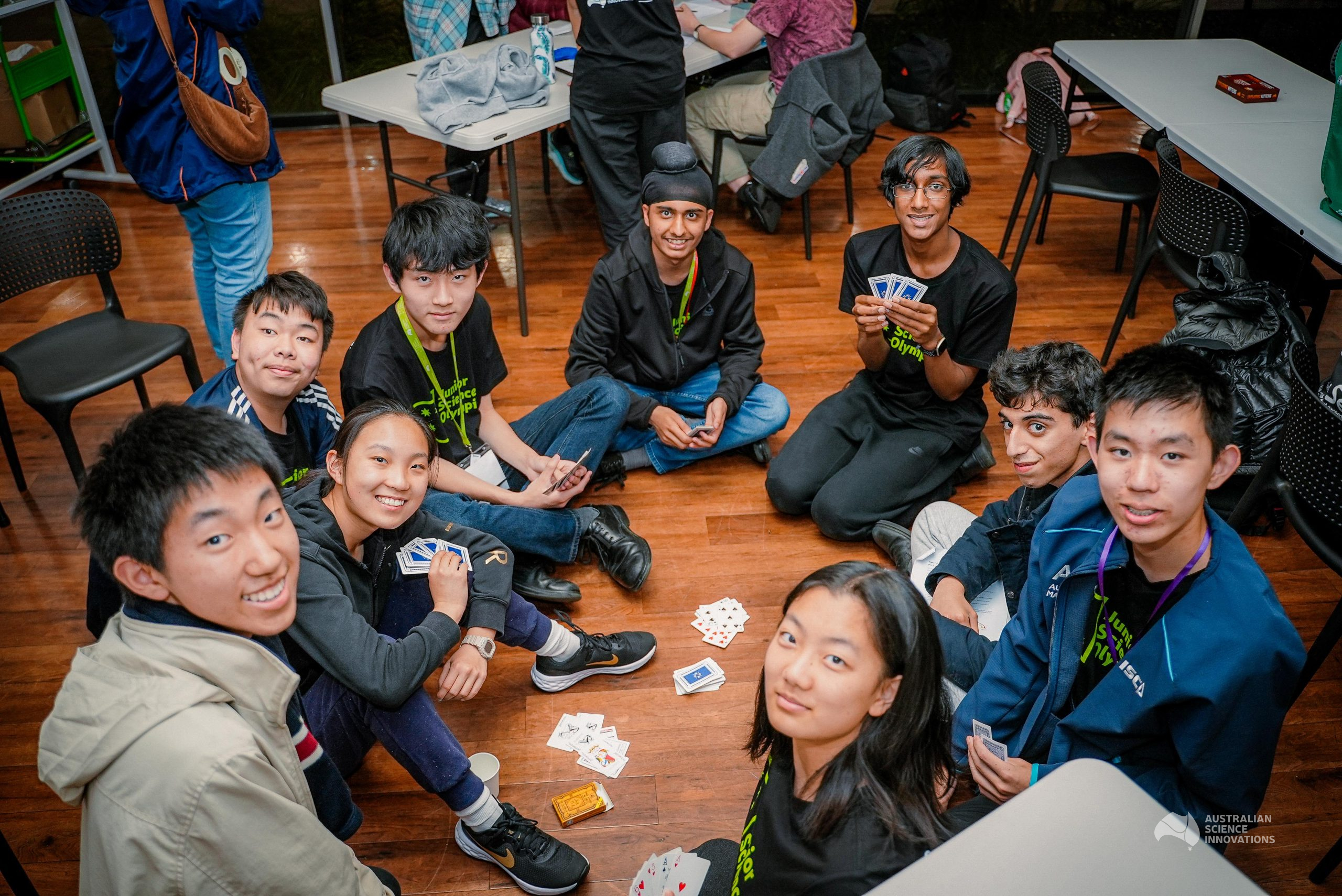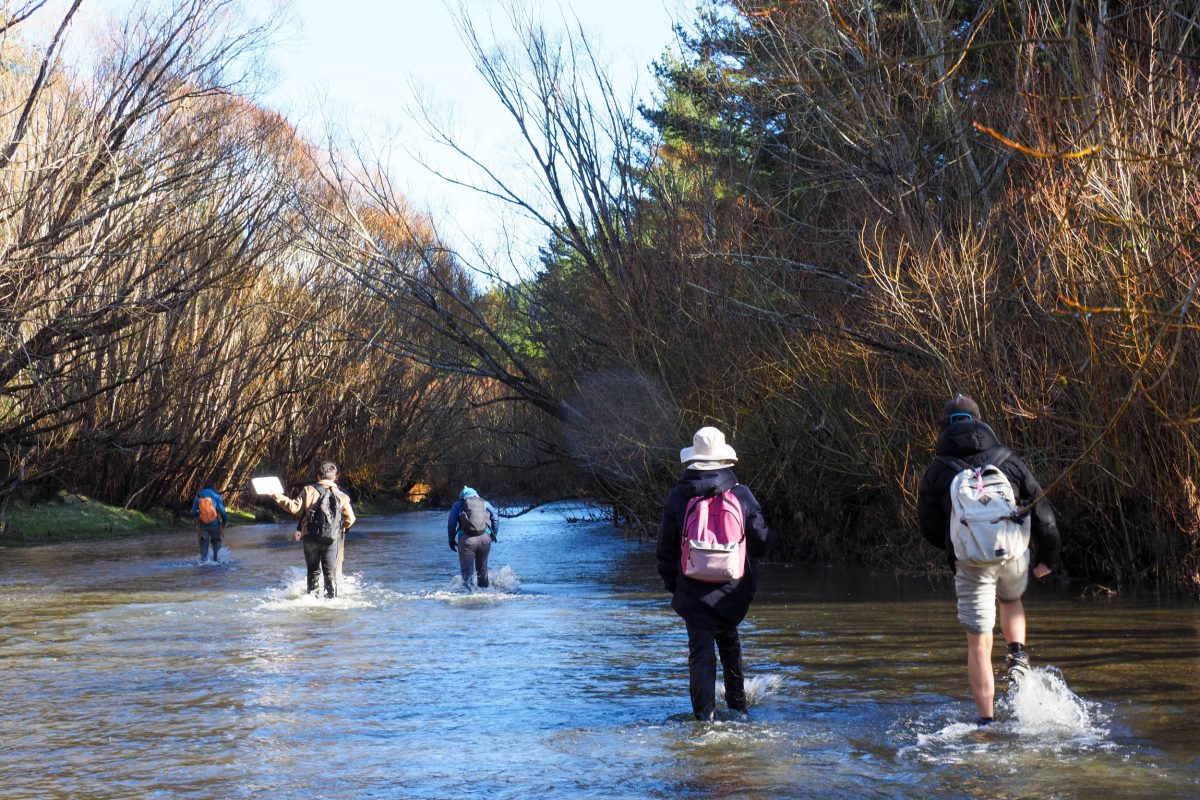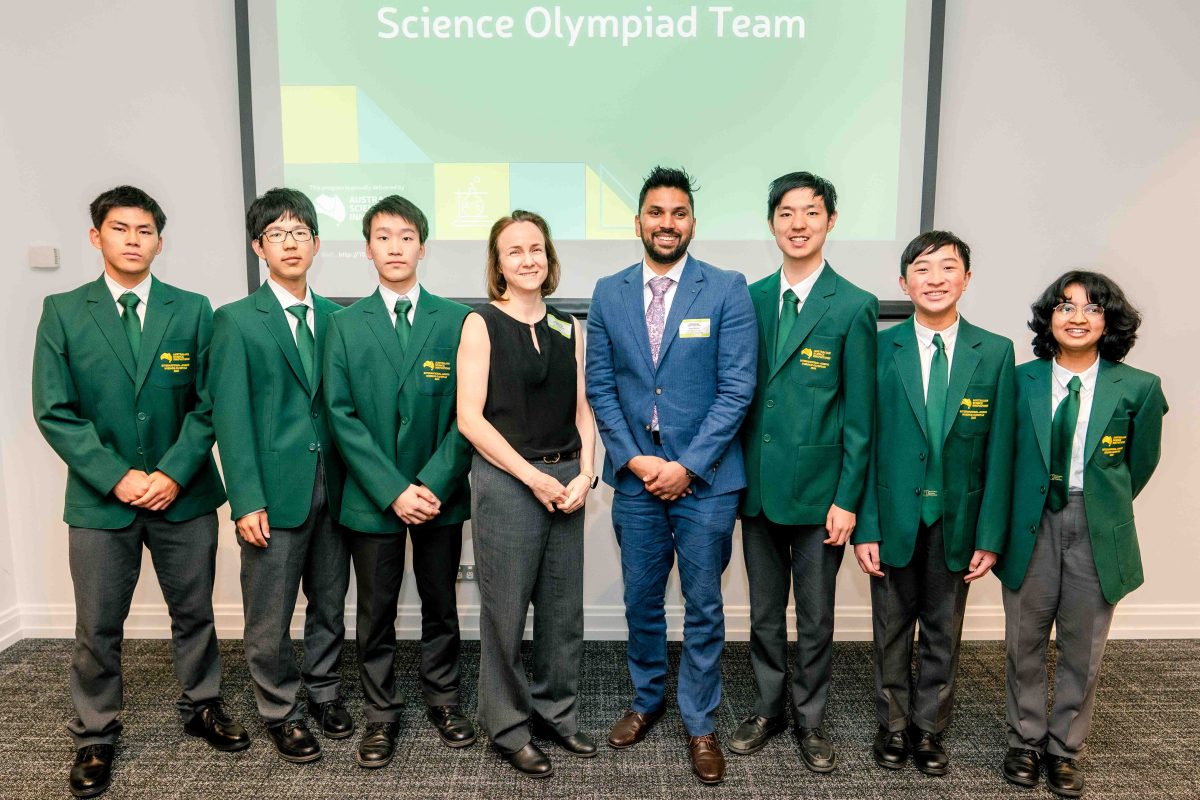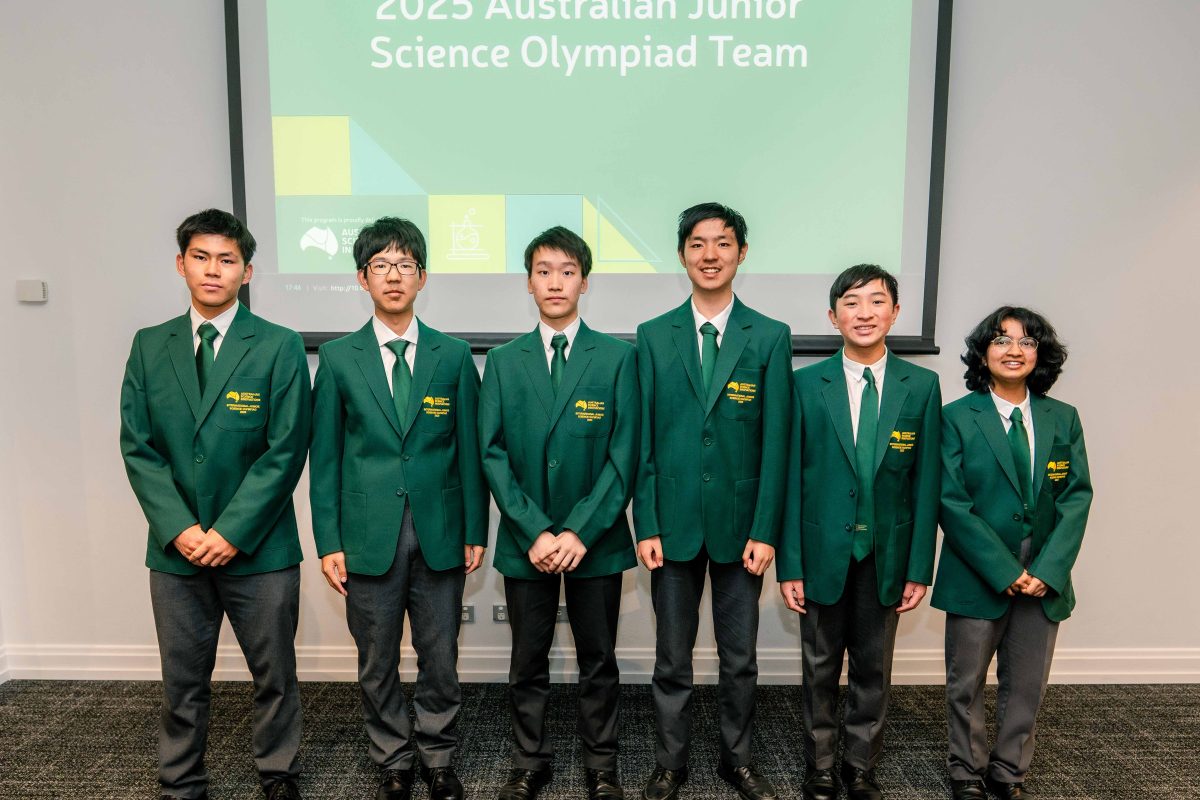A Springboard to Success: Nurturing Australia’s Future Science Leaders
The 2024 Junior Science Olympiad (JSO) Spring School was held over ten days in early October at The Australian National University (ANU) in Canberra.
Now in its fourth year, the JSO Spring School is nurturing future Australian scientists, setting them on a path that supports further education and careers in science. It provides an opportunity for young Australian students to take a deep dive into science, and potentially, to be selected to represent Australia at the International Junior Science Olympiad (IJSO).
Following the completion of the JSO Exams in June this year, 24 high-achieving eligible students were selected and offered a place at the residential camp. These dedicated, hardworking students come from across Australia, travelling to the ANU in Canberra to undertake ten days of accelerated, hands-on learning.
JSO Spring School gives participants a chance to further challenge themselves in their science endeavours, connect with subject experts, and develop new friendships with like-minded students from across the country.
The on-campus experience provides insight into university life, and the students also leave with an enhanced set of scientific skills and knowledge, including techniques such as titration, the propagation of uncertainties in physics, and microscopy skills in biology.
Each day begins early with a quiz to assess understanding of the content taught the day before. It is a great way to get fired up and ready for the day ahead!
Students then build both their theoretical and practical skills in four lessons each day. During their chemistry lessons, activities include analysing the mass of aspirin in a commercial tablet and creating an iodine clock. In biology lessons, students identified the correct suspect in a DNA profiling experiment using agarose gel electrophoresis and were taught correct biological drawing techniques. Activities in physics lessons included measuring the width of student’s hair using the diffraction of a laser beam and calculating and testing the lifting force of a helium balloon and the speed of a ping pong ball in a ping pong ball cannon.
Time is allocated for open tutorial sessions, where students can undertake further self-directed study and ask questions of the mentors, further consolidating the day’s learning.
It’s not all labs and study! The students toured the particle accelerator at the Research School of Physics and Engineering on Friday, where they saw massive magnets and beam lines which carry high speed charged particles for experiments on fundamental nuclear physics as well as applied science, such as bombarding satellite components with high-speed particles to simulate conditions in space.
Always a hit, the students explored the science-based fun activities at Questacon on Saturday. Games night provided a fun break from study, with the students and staff enjoying board games together.
The evening program featured guest speakers, such as astronomer Professor Paul Francis, who spoke on Sunday night about astrophysics and the ‘big unanswered questions’ in cosmology. On Thursday night, Professor Valeska Ting, Associate Dean at the ANU College of Engineering, Computing and Cybernetics (CECC) and an expert in chemistry and engineering, gave an engaging and motivating talk to students about designing nanomaterials to store hydrogen for a sustainable future.
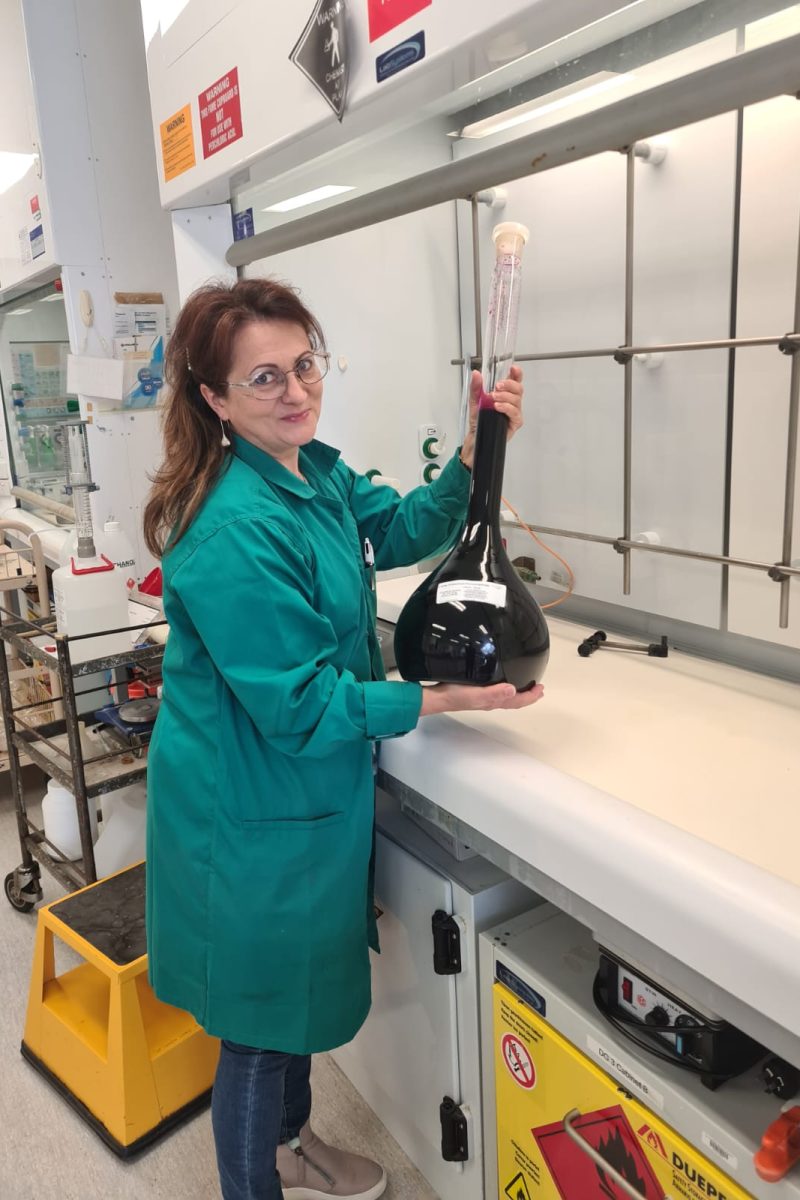
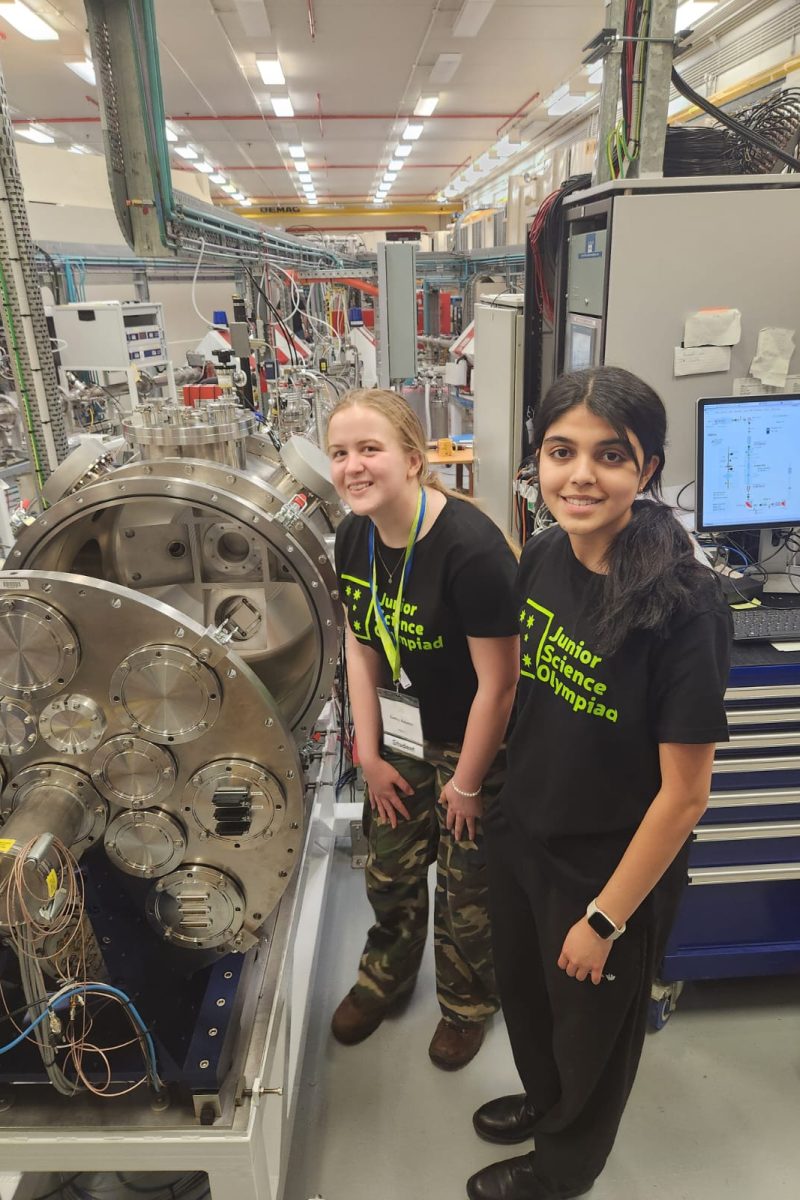
The Closing Ceremony was held on Saturday at the Research School of Physics. Guest speaker Professor Dianne Gleeson inspired the students and audience with her speech on E-DNA, a fascinating look at DNA detection in the environment (from air, soil, and water) for analysing biodiversity, tracking invasive species and a myriad of other uses.
Certificates were presented to participants, who then enjoyed karaoke jukebox, games, long chats, and Turkish food for dinner!
Our Spring School students returned to their schools to start the new term, taking their newfound confidence, team-building skills, and science repertoire for the benefit of their peers. Practical exams at Spring School and a theory exam afterward were used to select a team of six students to represent Australia at the International Junior Science Olympiad, being held in Romania from 2 to 11 December this year. The team will be announced shortly.
JSO Spring School would not have been possible without the effort, time, and guidance of all the JSO staff during these ten amazing days in October. The skills, knowledge and experiences gained by each participant are due to the dedication of everyone involved. A big thank you goes to ANU for providing access to world-class facilities and supportive staff.
Australian Science Innovations is proud to deliver the Junior Science Olympiad program.
Find out how your organisation can help empower future scientists by supporting ASI programs.
